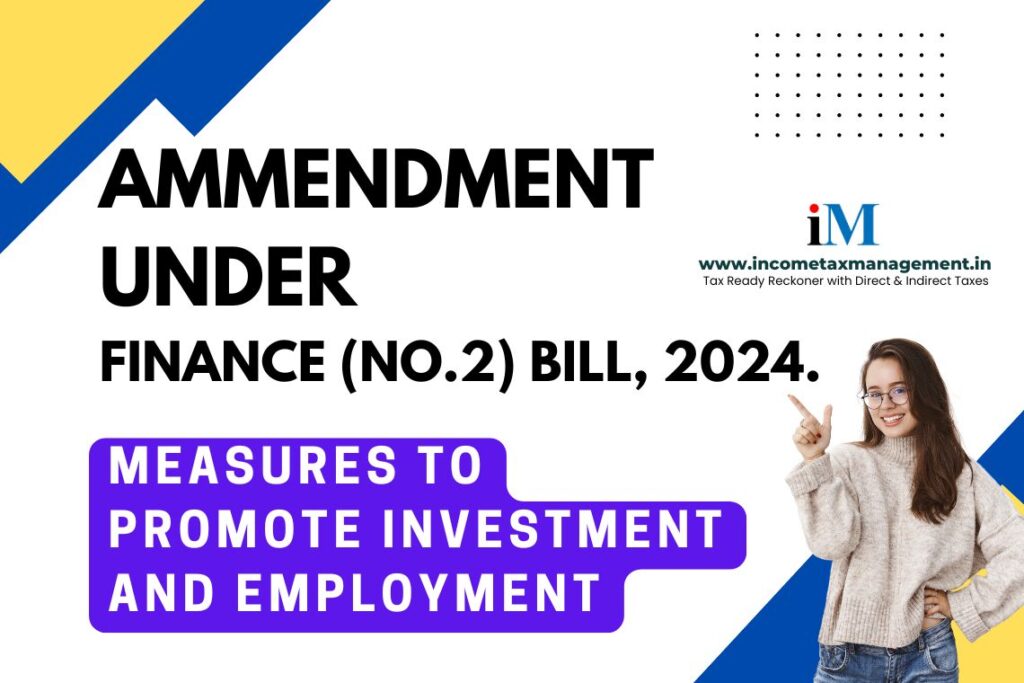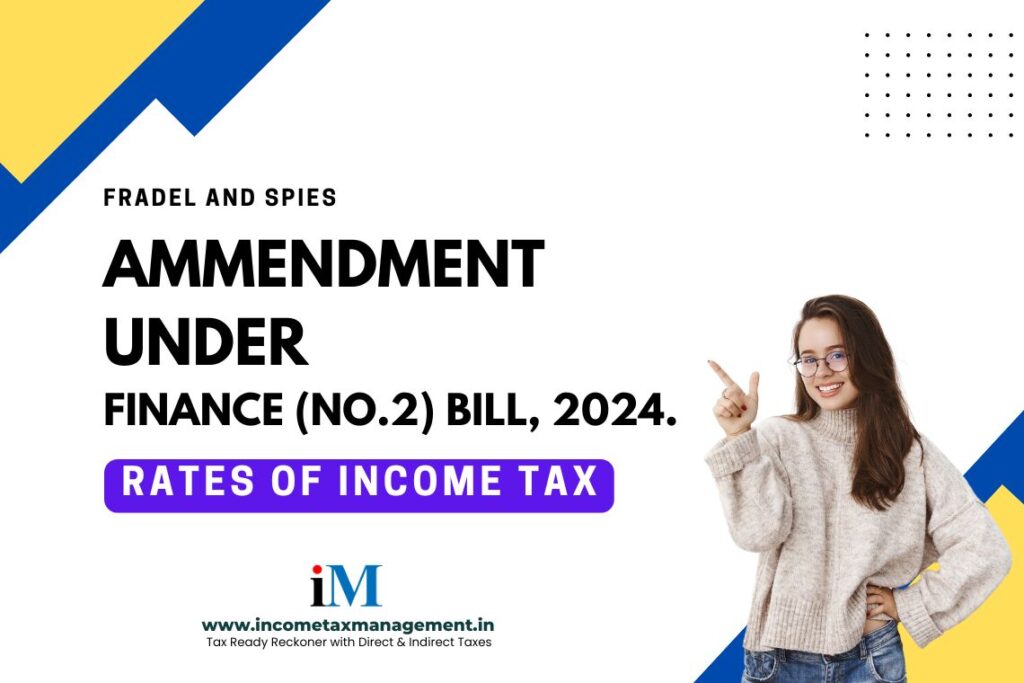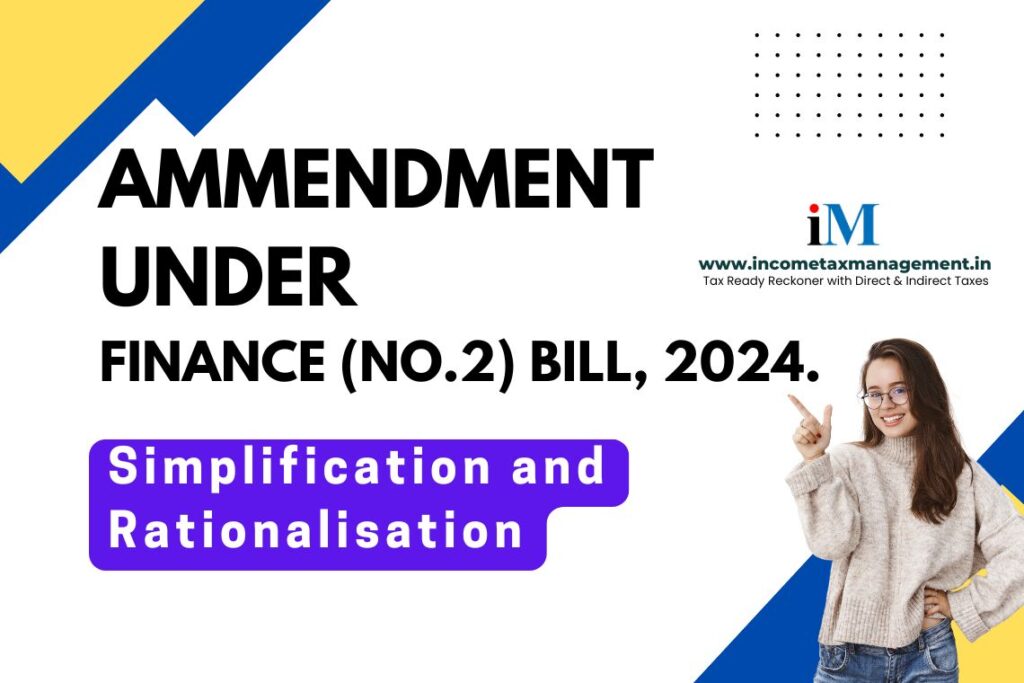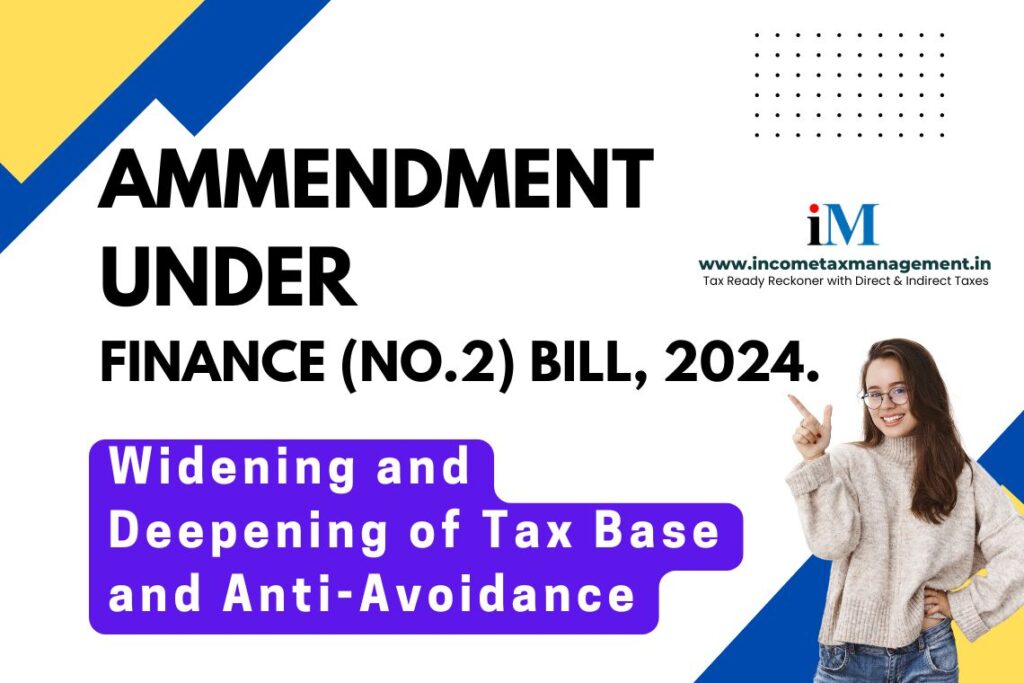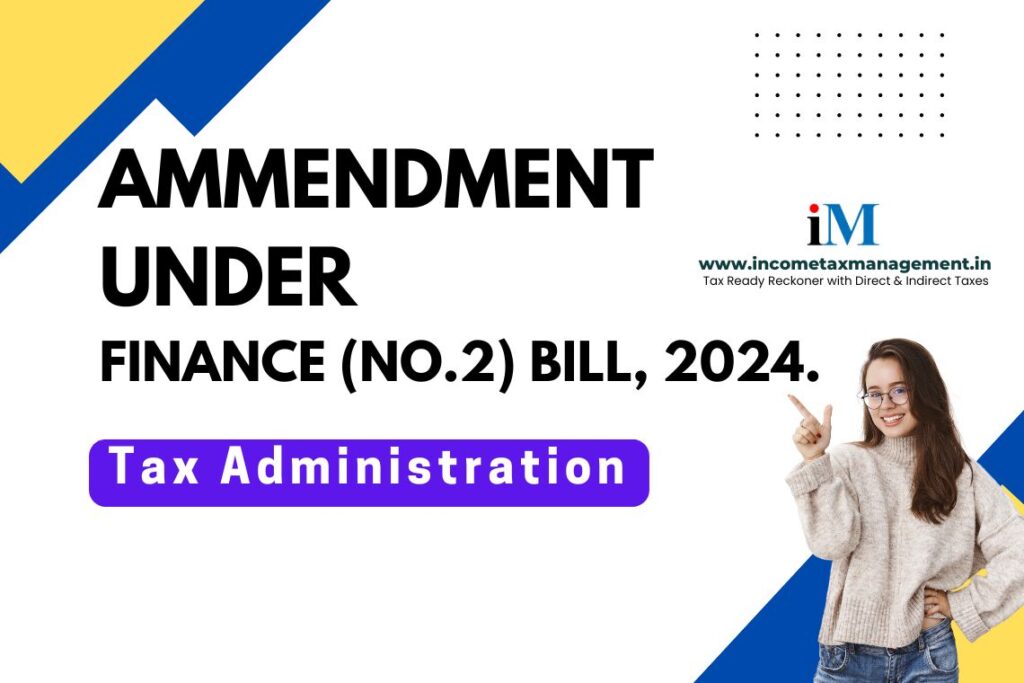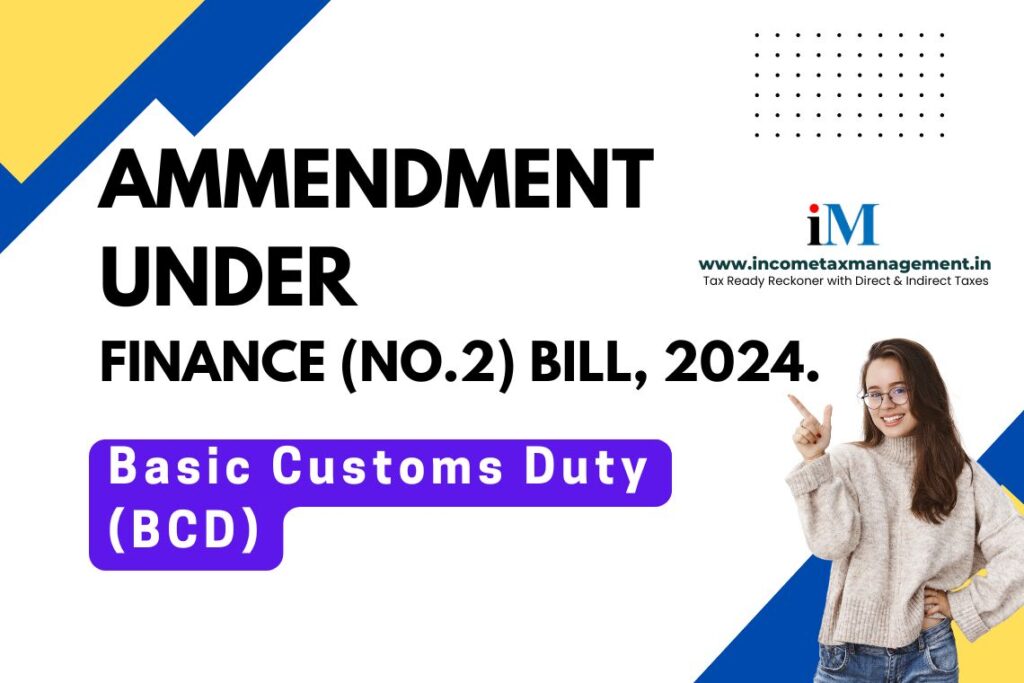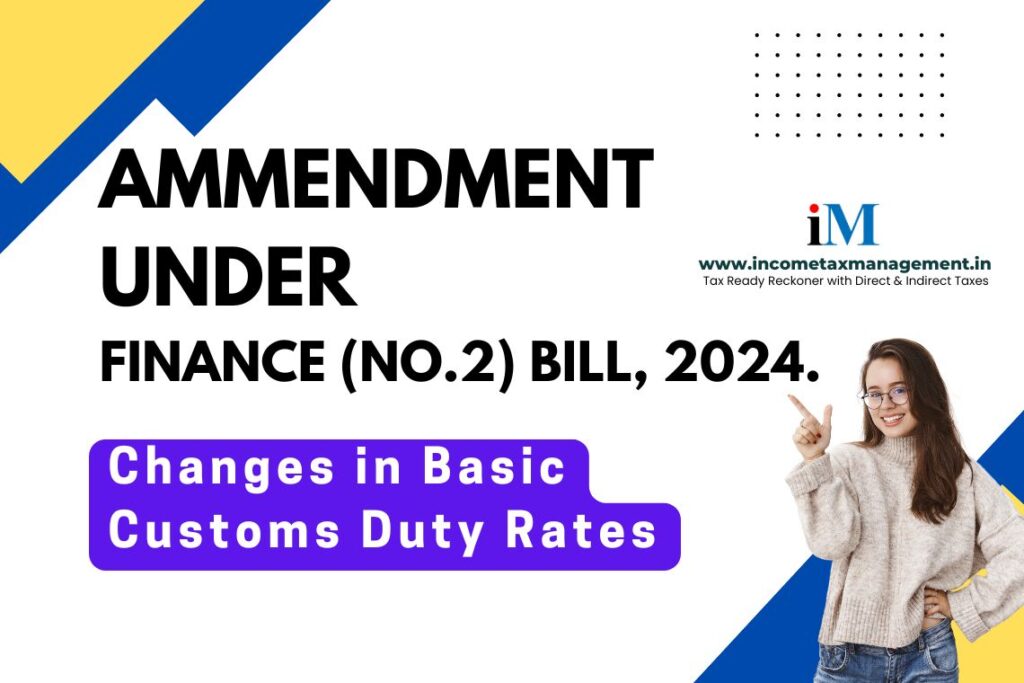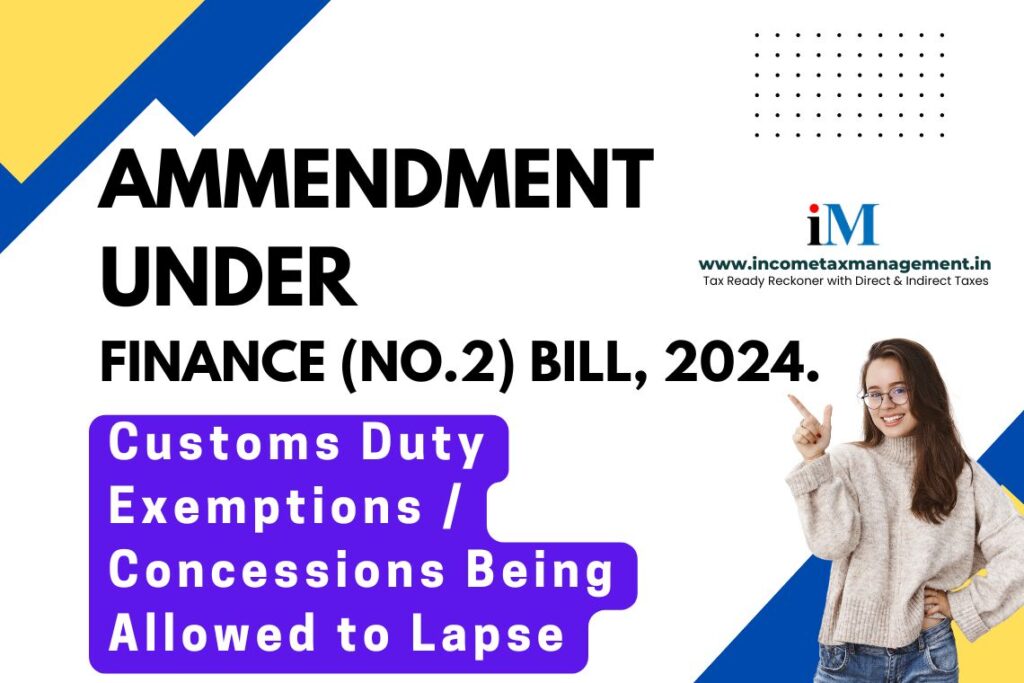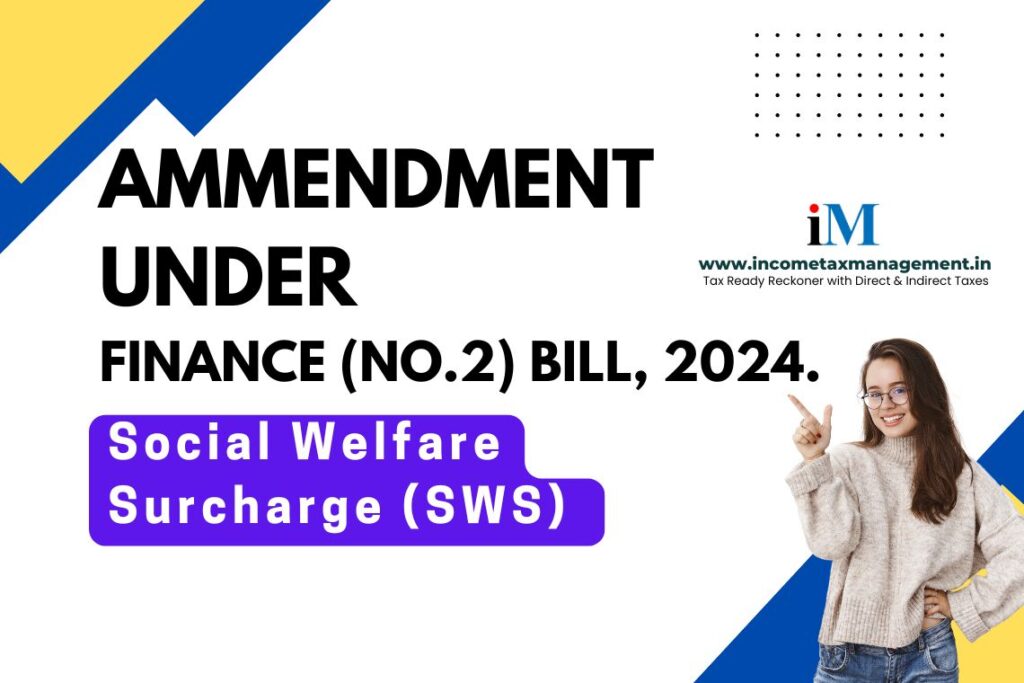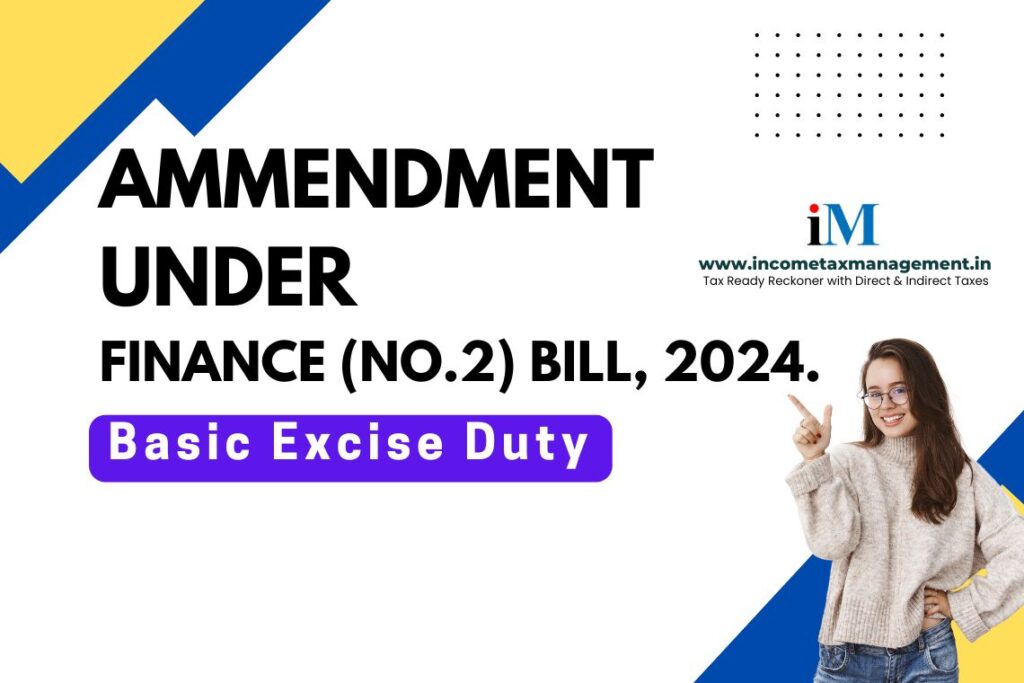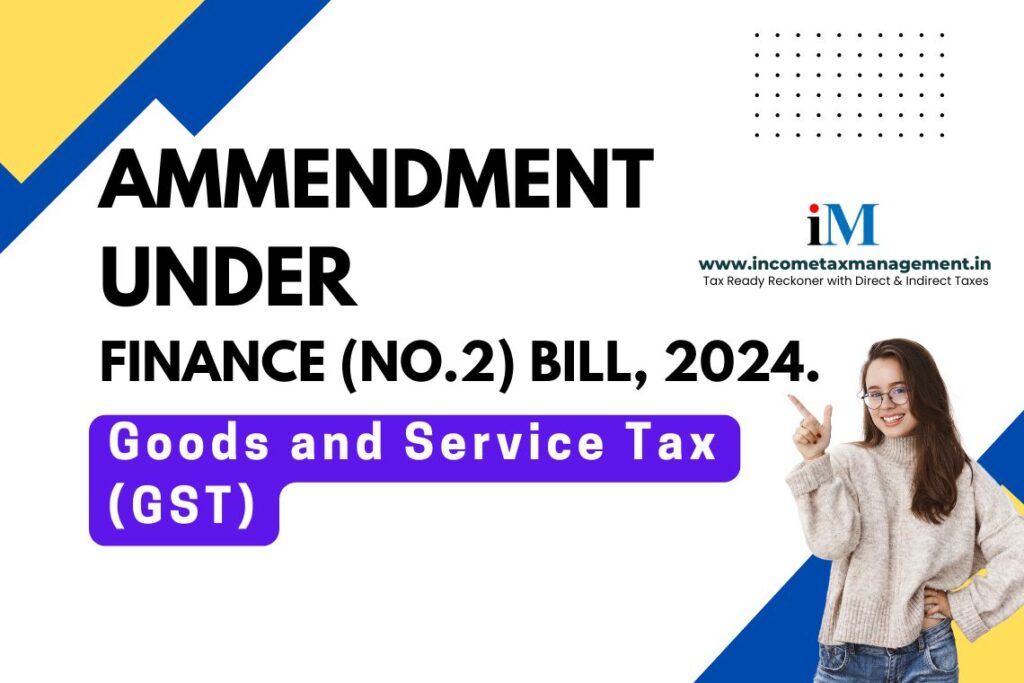Tax incentives to International Financial Services Centre
International Financial Services Centre (IFSC) is a jurisdiction that provides financial services to non-residents and residents, to the extent permissible under the current regulations, in any currency except Indian Rupee. In order to promote the development of world-class financial infrastructure in India, several tax concessions have been provided to units located in IFSC, under the Act, over the past few years.
2. In order to further incentivize operations from IFSC, it is proposed to make the following amendments:
(A) Item (I) of sub-clause (i) of clause (c) of Explanation to clause (4D) of section 10, to be amended to expand the ambit of specified funds which can claim exemption under the said section, to include retail funds and Exchange Traded Funds in IFSC. Specified funds shall now include funds established or incorporated in India in the form of a trust or a company or a limited liability partnership or a body corporate, which have been granted a certificate as a retail scheme or an Exchange Traded Fund and are regulated under the International Financial Services Centres Authority (Fund Management) Regulations, 2022, made under the International Financial Services Centres Authority (IFSCA) Act, 2019 and satisfy such conditions as may be prescribed.
(B) Specified income of Core Settlement Guarantee Funds set up by recognised clearing corporations in IFSC, is proposed to be exempted by amending the definition of “recognised clearing corporation” and “regulations” in the Explanation to the clause (23EE) of section 10 of the Act. The definition of “recognised clearing corporation” shall now include recognised clearing corporation as defined in clause (n) of sub-regulation(1) of regulation 2 of the IFSCA (Market Infrastructure Institutions) Regulations, 2021 made under the IFSCA Act, 2019. The definition of “regulations” shall now include the IFSCA (Market Infrastructure Institutions) Regulations, 2021.
(C) Section 68 of the Act provides that where any sum is found to be credited in the books of an assessee maintained for any previous year, and the assessee offers no explanation about the nature and source thereof or the explanation offered by him is not, in the opinion of the Assessing Officer, satisfactory, the sum so credited may be charged to income-tax as the income of the assessee of that previous year.
(i) Finance Act, 2023 amended the provisions of section 68 so as to provide that the nature and source of any sum, whether in form of loan or borrowing, or any other liability credited in the books of an assessee shall be treated as explained only if the source of funds is also explained in the hands of the creditor or entry provider. However, this additional onus of proof of satisfactorily explaining the source in the hands of the creditor, would not apply if the creditor is a well regulated entity, i.e., it is a Venture Capital Fund (VCF) or Venture Capital Company (VCC) registered with SEBI. Section 68 accordingly makes a reference to the definition of VCF/VCC in the Explanation to clause (23FB) of section 10.
(ii) It is now proposed to extend the relaxation in place for VCFs registered with SEBI, to those VCFs which are regulated by IFSCA. It is therefore, proposed to amend the definition of VCF in the Explanation to clause (23FB) of section 10, to include VCFs in IFSC.
(D) Section 94B of the Act puts in place a restriction on deduction of interest expense in respect of any debt issued by a non-resident, being an associated enterprise of the borrower. It applies to an Indian company, or a permanent establishment of a foreign company in India, who is a borrower. If such person incurs any expenditure by way of interest or of similar nature exceeding one crore rupees which is deductible in computing income chargeable under the head “Profits and gains of business or profession”, the interest deductible shall be restricted to the extent of thirty per cent. of its earnings before interest, taxes, depreciation and amortisation so as to avoid thin capitalisation of a corporate entity. At present, the provisions of this section do not apply to Indian companies or permanent establishments of foreign companies which are engaged in the business of banking or insurance or such class of non-banking financial companies as may be notified by the Central Government. It is now proposed that the provisions of this section shall not apply to finance companies, located in IFSC, as defined in clause (e) of sub-regulation (1) of regulation 2 of the IFSCA (Finance Company) Regulations, 2021 made under the IFSCA Act, 2019, which satisfy such conditions and carry on such activities as may be prescribed.
3. These amendments will take effect from the 1st day of April, 2025 and will, accordingly, apply in relation to the assessment year 2025-26 and subsequent assessment years.
[Clauses 4 & 28]
Amendment of Section 56 of the Act.
Section 56 of the Act is related to Income from other sources.
1. Vide Finance Act, 2012, a new clause (viib) was inserted in sub-section (2) of section 56 to provide that where a company, not being a company in which the public are substantially interested, receives, in any previous year, from any person being a resident, any consideration for issue of shares, if the consideration received for issue of shares exceeds the face value of such shares, the aggregate consideration received for such shares exceeding such fair market value shall be chargeable to income tax under the head “Income from other sources”.
2. It has been decided by the Government to sun-set the provisions of clause (viib) of sub-section (2) of section 56 of the Act. Consequent to said decision, amendment to clause (viib) of sub-section (2) of section 56 of the Act is being carried out to provide that the provisions of this clause shall not apply from the assessment year 2025-26.
3. This amendment is proposed to be made effective from the 1st day of April, 2025, and shall accordingly apply from assessment year 2025-26.
[Clause 23]
Promotion of Domestic Cruise Ship Operations by Non-Residents
Certain amendments have been proposed to promote the cruise-shipping industry in India. The aim is to make India an attractive cruise tourism destination, to attract global tourists to cruise shipping in India and to popularise cruise shipping with Indian tourists. Participation of international cruise-ship operators in this sector will encourage development of this sector and enable access to international best practices.
2. In order to provide clarity, certainty and simple structure for the business of cruise-shipping, which may be operating as multi-layer entities, the following is proposed. A presumptive taxation regime is being put in place for a non-resident, engaged in the business of operation of cruise ships, along with exemption to income of a foreign company from lease rentals, if such foreign company and the non-resident cruise ship operator have the same holding company.
3. It is, therefore, proposed to insert a new section 44BBC, which deems twenty per cent of the aggregate amount received/ receivable by, or paid/ payable to, the non-resident cruise-ship operator, on account of the carriage of passengers, as profits and gains of such cruise-ship operator from this business. Applicability of this section, will be subject to prescribed conditions.
4. Provisions of section 44B relating to presumptive taxation for shipping business of non-residents, shall therefore, no longer apply to cruise-ship business.
5. Further, the lease rentals paid by a company which opts for presumptive regime under section 44BBC (‘the first company’), shall be exempt in the hands of the recipient company, if such company is a foreign company and such recipient company and the first company are subsidiaries of the same holding company. This is proposed to be done by insertion of a new clause (15B) in section 10. Subsidiary company and holding company have been defined in the Explanation to this new clause. This exemption shall be available upto assessment year 2030-31.
6. These amendments will take effect from the 1st day of April, 2025 and will, accordingly, apply in relation to the assessment year 2025-26 and subsequent assessment years.
[Clauses 4, 16 & 17]

